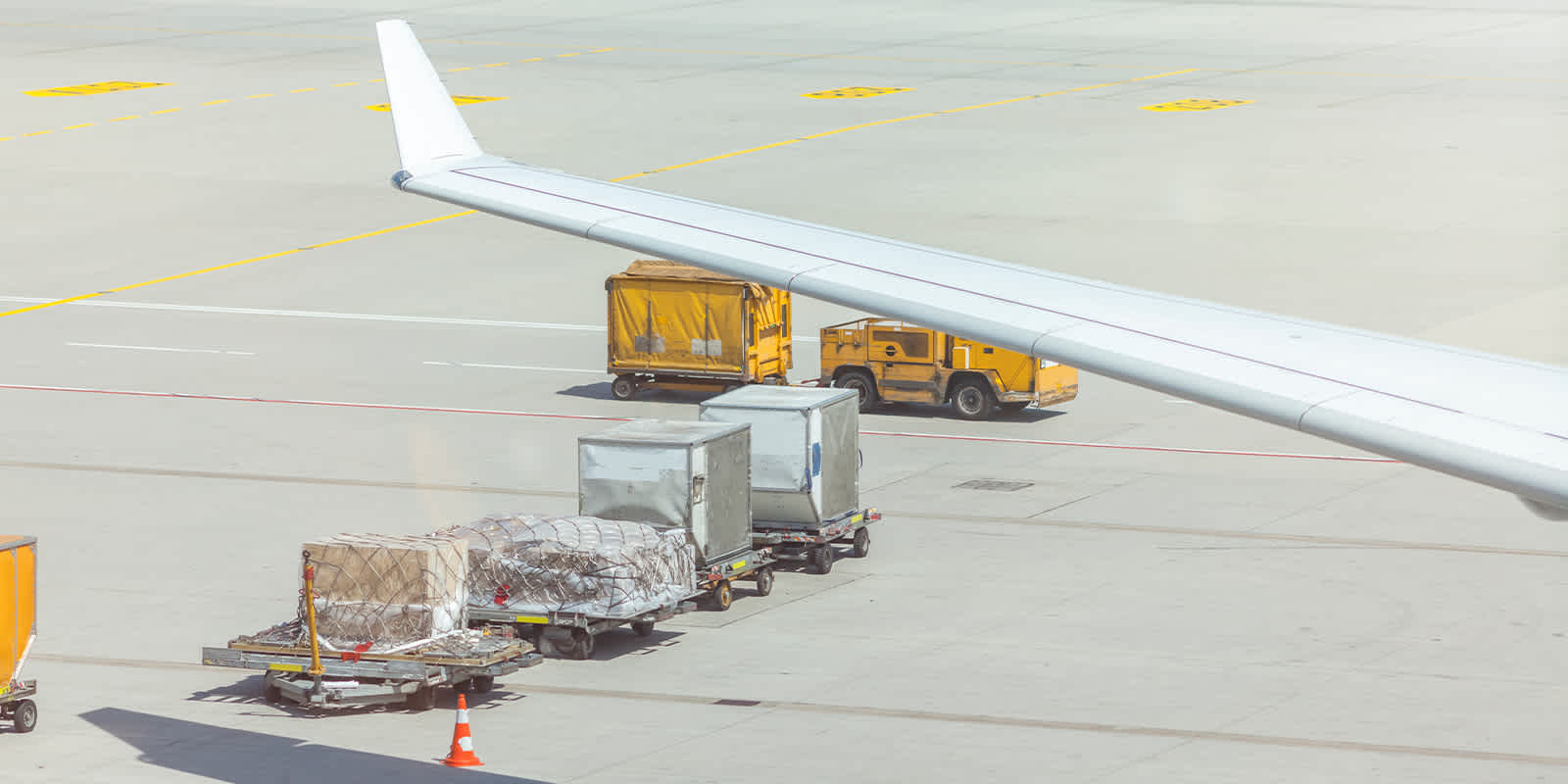
July 7, 2021
Bring in the Dogs: New 100% Air Cargo Screening Rules Take Effect
Bring in the Dogs: New 100% Air Cargo Screening Rules Take Effect
Last week, new International Civil Aviation Organization (ICAO) rules kicked into effect. Now, 100% of air cargo must be screened before loading onto freight planes.
The same screening standards have been in place for cargo flying in the belly of passenger planes since 2010. So, in the air, all cargo is now held to equalized security standards. But on the ground, the situation is a little more disjointed. The practicalities of additional screening are causing delays.
As the industry adjusts, there are a few ways to make the transition as seamless as possible, depending on the size of your company:
- Most shippers will want to ensure carriers use working-dog teams to screen cargo efficiently.
- Large companies may want to become a TSA-certified Secure Packing Facility as a screening alternative.
- All shippers should plan ahead, including time for screening, to keep supply chains moving.
Sniffer Dogs
Working dogs are going to provide the most efficient screening.
Cargo screening performed by people is complex. Acceptable Transportation Security Administration (TSA) methods include X-ray systems, explosive trace detection (ETD), and physical searches. All of these are time-consuming, subject to the vagaries of human error—and expensive.
By comparison, sniffer dogs are far quicker and more accurate, but advance planning is still critical. Demand for their services is extreme, and lead times for additional dogs are long.
That’s because canine teams are selectively bred, specially trained from a young age, and certified under a TSA program.
“Air shippers need to challenge their freight forwarders: Is cargo moving on airlines with canine teams at the ready?” advises Neel Jones Shah, Flexport EVP and Global Head of Airfreight. “For Flexport customers, the answer is yes.”
Secure Packing
Just before the new screening mandate took effect, TSA finalized its processes to certify Secure Packing Facilities (SPF).
This option may be best for enterprise-level businesses: Your cargo may be exempt from screening if your company can obtain certification. That means you pack your own shipments according to strict security requirements, start to finish.
Becoming an SPF doesn’t exempt you from screening cargo for passenger flights, though. It’s just for all-cargo charters or freight planes.
Stay Streamlined
Like with most changes, snafus occur while everyone gets used to new processes. For example, offloads were common over the Independence Day holiday weekend in the US.
Demand for air freight has been high for months, as US import volumes flood all transport modes. Ground handlers were stressed before; now, the 100% screening mandate exacerbates the chaos at the terminal.
Jones Shah gives some blunt advice: “Tender cargo very early or risk offloads.”
Streamlined planning can help circumvent delays—but longer timelines are a reality. Ground handlers and facilities are likely to be overwhelmed in the coming weeks. Big picture, it’s not just your screening that has to happen, but the screening of all the cargo your carrier handles.



